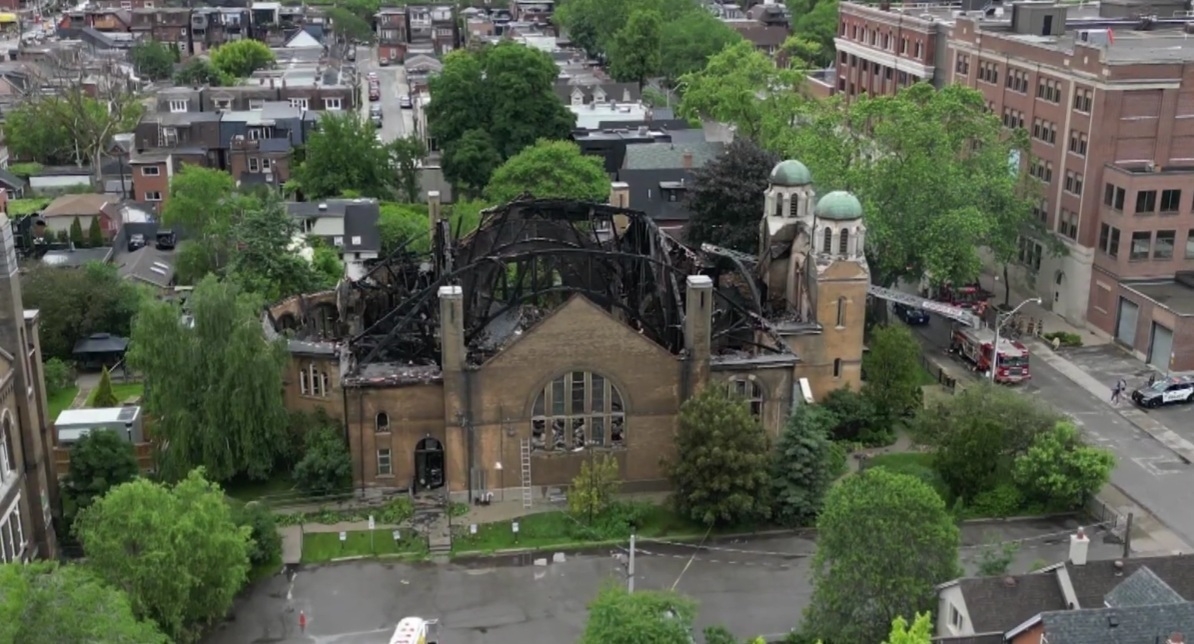

Published on: 11/26/2025
This news was posted by A-C Crazy BBQ
Description
Dr. Aviam remembered, "We went to the burnt area – still smoke in the air. Smell. We came out almost completely black. But what we discovered was very important. We discovered how large the site is, with the remains of houses, pottery here and there. It tells us that the site was much, much, much bigger than we thought." Bethsaida has now become one of the most significant New Testament finds in the Holy Land. Archaeologists discovered a Byzantine church and a remarkable mosaic honoring Peter as the "Keeper of the Keys."
"Every description is interesting and important," Dr. Aviam observed. "This rare one came and has great importance to the site and to the Christian world. There is no other inscription in the eastern Mediterranean that is mentioned as "the Keeper of the Keys."
For. Dr. Notley, who first proposed that the site was the biblical Bethsaida, the discovery affirms the truth of scripture.
"I'm a person of deep faith," he told us. "The Israeli archaeologists all know it. I made no secret about it."
He added, "It's something that motivates me in terms of my work. My career has been invested in trying to understand better the gospels as they unfold in this land, in terms of the land and culture, and language. And so, when I encounter these things, it reinforces for me the reality of my faith."
We asked him if the stones are speaking. He replied, "I believe so. I think so. I think they cry out and they speak to us of the truth."
***Please sign up for CBN Newsletters and download the CBN News app to ensure you receive the latest news from a Christian perspective.***
Dr. Carrie Wood of Regent University agrees that the stones of Bethsaida are speaking loudly, revealing a thriving fishing village from the time of Jesus.
"The stones are telling me that there was life here, that people lived here, that they had community here, that they were concerned with ritual purity, because in this square here, we found stone vessels, which of course, cannot become impure. We found an inkwell, she said.
Dr. Wood continued, Now, why is that important? Because for years, people have said, 'Oh, they're Galileans. They're kind of hicks from the sticks, so to speak, and they're uneducated. Jesus and his disciples are uneducated.' However, an inkwell says they're literate, and they're educated."
For Dr. Wood, each artifact is another reminder that scripture is rooted in real places and people.
"The Bible is true," she declared. "Archaeology shows us and strengthens the word of God, not that we really needed it because we have the Holy Spirit, but it reveals and strengthens. I can tell students, 'Look, here it is, and this is where it is. I am encountering Jesus in His time and space when I'm here.'"
As we walk among the ruins, it's striking to imagine that this is the place where Jesus healed the blind man, fed the 5,000, and walked on the water. The fires revealed what was hidden for centuries, and it reminds us that the stones still cry out, testifying to the truth of the gospel and the living faith that began here.

Other Related News
11/26/2025
By Leah MarieAnn Klett Assistant Editor Wednesday November 26 2025Soul on Fire Screensh...
11/25/2025
By Michael Gryboski Editor Tuesday November 25 2025On Sunday morning of June 9 2024 St A...
11/25/2025
COMMENTARY In the Jewish tradition gratitude is not only a feeling It is a response to a ...
11/25/2025
COMMENTARY When you hear the word evangelist you might typically think of figures like Bi...
11/25/2025












